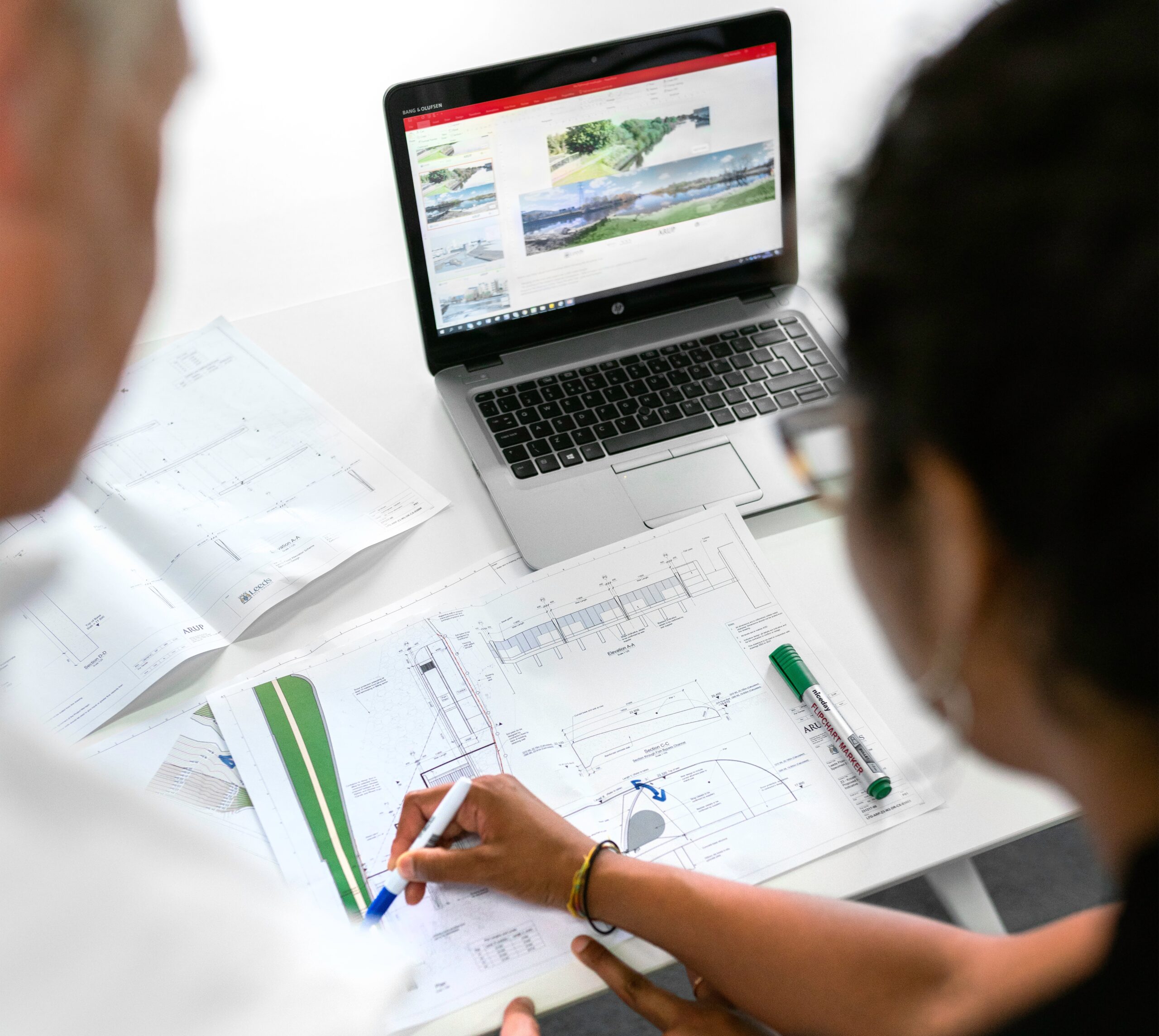Traffic engineers work to improve safety and efficiency on the roads, as well as to reduce congestion and pollution. They use data analysis, computer modelling, and simulations to identify and solve transportation problems. They also work with other professionals, such as urban planners and civil engineers, to design and implement transportation projects.
One of the key responsibilities of a traffic engineer is to conduct traffic studies and analyse data on traffic flow, speed, and volume. This information is used to identify problem areas, such as intersections with high accident rates or stretches of road with heavy congestion. From this data, traffic engineers can develop solutions to improve safety and reduce congestion, such as installing traffic signals or creating dedicated turning lanes.
Another important aspect of a traffic engineer’s job is the design and implementation of transportation projects. This can include designing new roadways, upgrading existing ones, and creating bike lanes and pedestrian walkways. Traffic engineers must also consider factors such as accessibility for people with disabilities and the impact of the project on the environment.
Traffic engineers also play an important role in the development of Intelligent Transportation Systems (ITS). These systems use technology, such as cameras and sensors, to gather data on traffic flow, and provide real-time information to drivers through dynamic message signs or mobile apps. This information can be used to improve traffic flow, reduce congestion, and increase safety on the roads.
Traffic engineers are typically degree qualified in Civil Engineering or a relevant specialised discipline. Some of the common traits of a traffic engineer include:
- Technical expertise: Traffic engineers must have a strong understanding of engineering principles, traffic flow theory, and design standards. They need to be familiar with traffic control devices, such as traffic signals and signs, as well as road design concepts, such as geometric design, capacity analysis, and level of service.
- Analytical skills: Traffic engineers need to be able to analyse data, such as traffic counts and accident records, to identify problems and develop solutions. They use mathematical models and software to simulate traffic flow, evaluate alternative design options, and estimate the impacts of different scenarios.
- Attention to detail: Traffic engineers need to pay close attention to detail, as even small errors in design or calculation can have significant impacts on traffic flow and safety.
- Communication skills: Traffic engineers need to be able to effectively communicate their designs, plans, and recommendations to a variety of stakeholders, including other engineers, government officials, and the general public.
- Project management skills: Traffic engineers are often involved in managing multiple projects at the same time, and need to be able to plan and prioritise tasks, allocate resources, and meet deadlines.
- Flexibility and adaptability: Traffic engineers need to be able to adjust their designs and plans in response to changing conditions and requirements. This may involve working with stakeholders to identify and address problems, or developing new solutions in response to changing regulations or guidelines.
At Amber, our Traffic Engineers work across a wide range of projects and develop their skills in a supportive and forward-thinking environment. If you’re interested in learning more about our approach, please get in touch with us.


